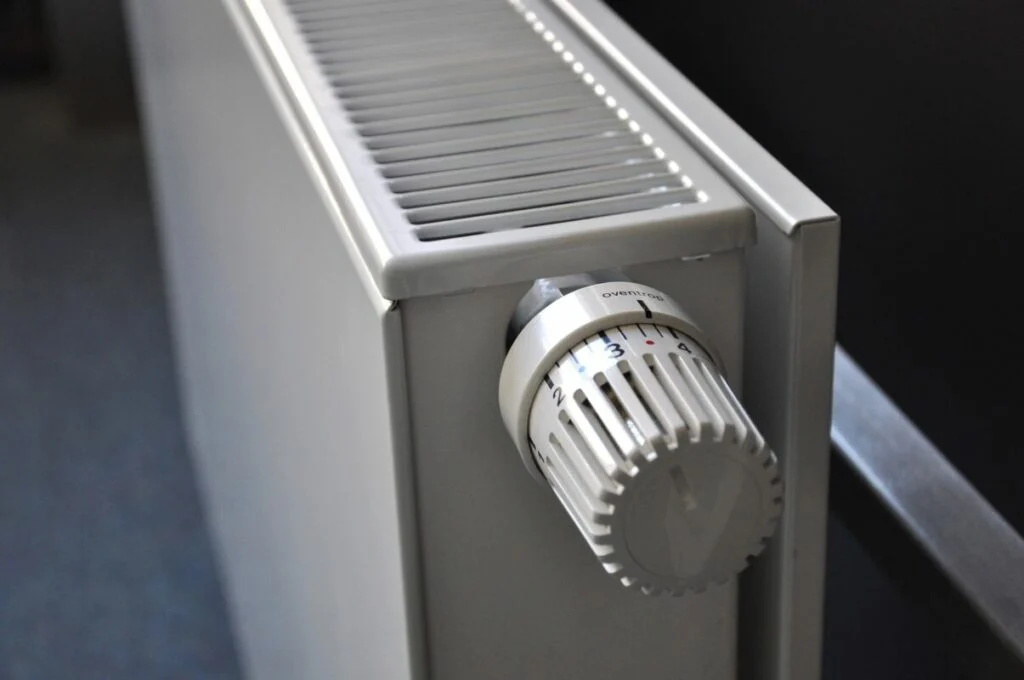Ofgem has today (23 May) announced that the energy price cap will fall by 7% for the period between July and September of 2025.
The UK’s energy regulator has reduced the maximum amount payable by the average dual fuel household paying by direct debit to £1,720 per year, around £129 per year lower than the current price cap of £1,849 per year. The new price cap is £660 (28%) lower than at the peak of the energy crisis in early 2023, which led the government to implement the price cap, although prices remain 10% (£152) higher than during the same period in 2024.
Ofgem is attributing the upcoming price decline to a recent drop in wholesale prices, which it states represent around 90% of the fall in costs, with the remainder being made up by changes in the operation cost allowances energy suppliers are able to recover. Within bills, standing charges are set to drop by an average of £19 per year for both direct debit and prepayment customers.
Tim Jarvis, director general of markets at Ofgem, stated that while the regulator knows a fall in the price cap will be “welcome news” for consumers, the UK needs a more substantial solution to energy costs, adding: “In the longer term, we need an energy system where prices are insulated from the volatile international gas market, and which ensures more stable prices and energy security.”
Energy UK’s chief executive Dhara Vyas echoed this statement, noting: “Today’s announcement again underlines how energy bills are driven by the country’s dependence on gas and a wholesale price over which we have little control—and which has risen more often than fallen in recent times. Producing more of our own clean power is the right way to stabilise bills over the long term.”
Jarvis was keen to emphasise that shopping around for fixed-rate energy tariffs has the potential to save consumers up to £200 per year, a move that an increased number of consumers are taking. According to Ofgem, 35% of customers are currently on a fixed rate tariff, up from 15% a year ago; the increase is largely attributable to the increased number of fixed price tariffs on the market.
Targeted bill support is still needed
The number of consumers in energy debt and arrears continues to rise, with the first two quarters of last year seeing energy debt and arrears rising by 12%, and the regulator states that it is working to support consumers trapped in energy debt. However, many in the industry argue that more needs to be done to support vulnerable consumers, including Simon Oscroft, CEO and co-founder of So Energy, who noted that “proper, targeted bill support” could lead to the eventual removal of the “outdated” price cap system.
Following the announcement of the previous energy price cap in February, the UK government opened a consultation into expanding the Warm Homes discount, which gives vulnerable customers up to £150 off their energy bills.
Around this time, Ofgem announced plans to establish a new energy debt relief scheme, which would see suppliers either write off energy debts so large they could never be feasibly paid back or help customers lower their debt by “debt matching” payments from customers.






